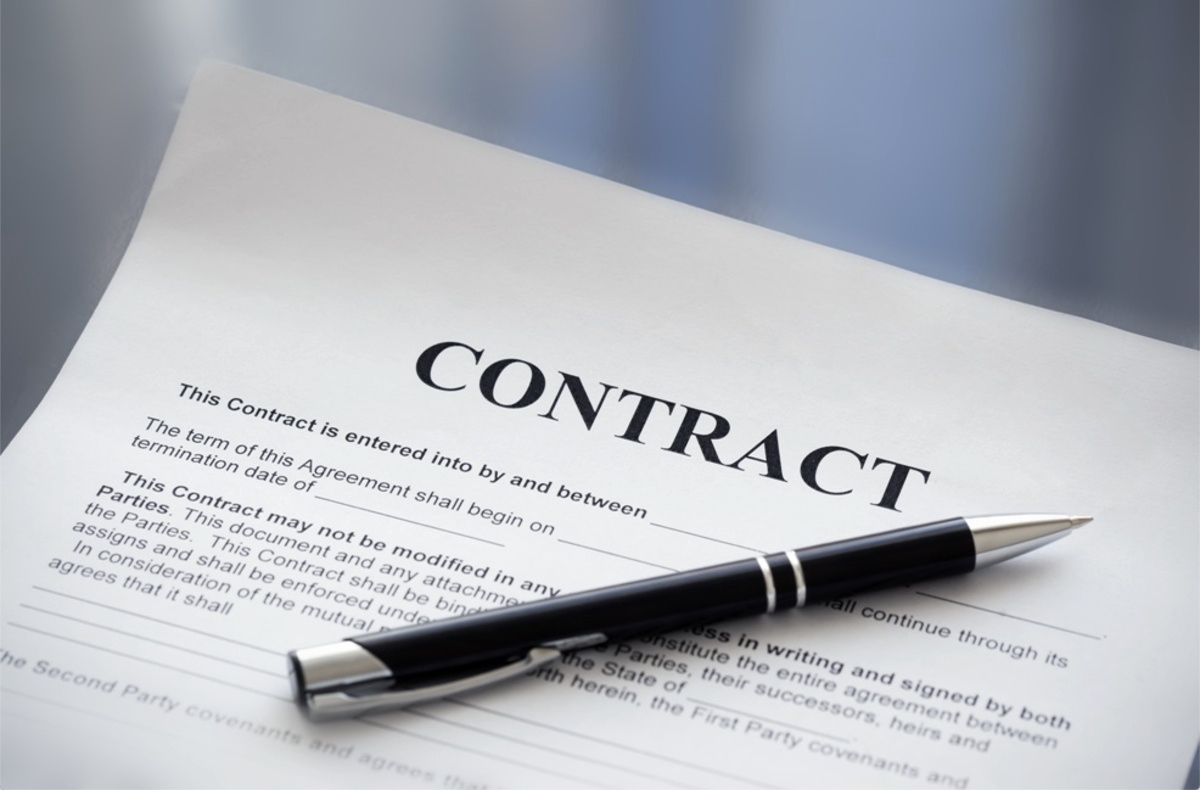Real Estate Agent Paperwork: What You Need to Know

The real estate market is a labyrinth of paperwork, legalities, and intricate processes. For real estate agents, managing this documentation is not just part of the job; it's essential to their success and adherence to legal standards. This blog post will guide you through the various documents you need to know about, the purpose they serve, and how to manage them effectively.
Understanding the Basics of Real Estate Documentation


Real estate paperwork is the backbone of every property transaction, ensuring all parties are protected and the deal proceeds smoothly. Here are some key documents:
- Listing Agreement: This contract between the homeowner and the real estate agent outlines the terms under which the agent will sell the property.
- Buyer Agency Agreement: Similar to the listing agreement but for buyers, this document details the relationship between the agent and the buyer.
- Purchase Agreement: Once an offer is accepted, this contract spells out the terms of sale, including price, deposit, and conditions.
- Disclosure Documents: Sellers must disclose any known issues or defects with the property.
- Closing Documents: These include the final title work, final walk-through agreement, and funds disbursement.
⚠️ Note: Always ensure you're using the most recent versions of these forms to comply with current laws.
Listing Agreements


The listing agreement is the starting point for any sale. Here's what you need to know:
- Exclusive Right to Sell: This gives the agent the sole right to sell the property, regardless of who finds the buyer.
- Exclusive Agency: This allows the seller to find a buyer themselves without owing a commission to the agent.
- Open Listing: Permits multiple agents to list the property, with a commission only paid to the one who makes the sale.
- Net Listing: The seller specifies the net amount they wish to receive, with the agent keeping any excess over this amount.
Buyer Agency Agreements


When representing buyers, agents use:
- Exclusive Buyer Agency Agreement: This obligates the buyer to work with only one agent during the property hunt.
- Non-exclusive Agreement: Here, the buyer can work with multiple agents.
Purchase Agreement and Addendums


The purchase agreement is the crux of the transaction:
- Purchase Price: The agreed-upon amount the buyer will pay.
- Conditions: Items like inspection contingencies, mortgage approval, and closing dates.
- Addendums: These modify the original agreement, addressing specific issues not covered initially.
🔍 Note: Ensure all addendums are signed by all parties to avoid potential disputes.
Disclosure Documents


Transparency is key in real estate. Disclosure documents include:
- Property Disclosure Statement: Outlines any known issues with the property.
- Lead-Based Paint Disclosure: Required for homes built before 1978.
- Natural Hazards Disclosure: Advises buyers of environmental hazards in the area.
Closing Documents


At closing, several documents come into play:
- Settlement Statement: Details the financial transactions of the sale.
- Title Commitment: Assures that the title to the property is clear of liens or defects.
- Mortgage Documents: If applicable, these documents pertain to the buyer's loan.
- Transfer of Ownership: The deed transferring property ownership from seller to buyer.
Managing Real Estate Paperwork


Efficient document management is crucial:
- Digitalization: Use electronic signatures, cloud storage, and document management software for efficiency and accessibility.
- Organization: Keep documents categorized and easily retrievable.
- Compliance: Ensure you're familiar with all state and federal laws regarding real estate documentation.
💡 Note: Implementing a robust document management system can save time, reduce errors, and enhance client satisfaction.
Table: Common Real Estate Documents

| Document | Purpose |
|---|---|
| Listing Agreement | Authorizes an agent to sell the property |
| Buyer Agency Agreement | Establishes an agent-buyer relationship |
| Purchase Agreement | Details terms of property sale |
| Disclosure Documents | Informs buyers of property defects or issues |
| Closing Documents | Finalize the property transfer |

In navigating the realm of real estate, understanding the purpose and handling of each document is not merely beneficial but crucial for success. This knowledge ensures that transactions proceed smoothly, with transparency and compliance with legal standards. Whether you're representing a seller or a buyer, your proficiency in managing these documents can significantly impact the outcome of your transactions. As real estate evolves, staying updated with the latest documentation practices will keep you competitive and respected in your field. Adapting to digital solutions, maintaining meticulous organization, and educating your clients on the importance of paperwork are keys to thriving in this dynamic industry.
Why is a listing agreement necessary?

+
A listing agreement is essential as it legally binds the seller to work with a specific agent or brokerage to sell their property, outlining terms like commission, duration, and marketing strategies.
What happens if a property is sold without a purchase agreement?

+
Selling a property without a purchase agreement can lead to numerous legal and financial issues. It’s the document that legally commits the buyer and seller to the transaction terms, protecting both parties.
Can a real estate agent accept electronic signatures?

+
Yes, electronic signatures are legally recognized in real estate transactions, provided they comply with the ESIGN Act. This enables faster, more convenient document signing.
What are the consequences of not disclosing property issues?

+
Failing to disclose known defects can lead to legal action from the buyer, including rescinding the contract or seeking damages for undisclosed issues discovered post-sale.
How long should real estate agents keep closing documents?

+
Real estate agents should retain closing documents for several years, typically at least 5-7 years, to comply with legal requirements and for their own records in case of future inquiries or disputes.